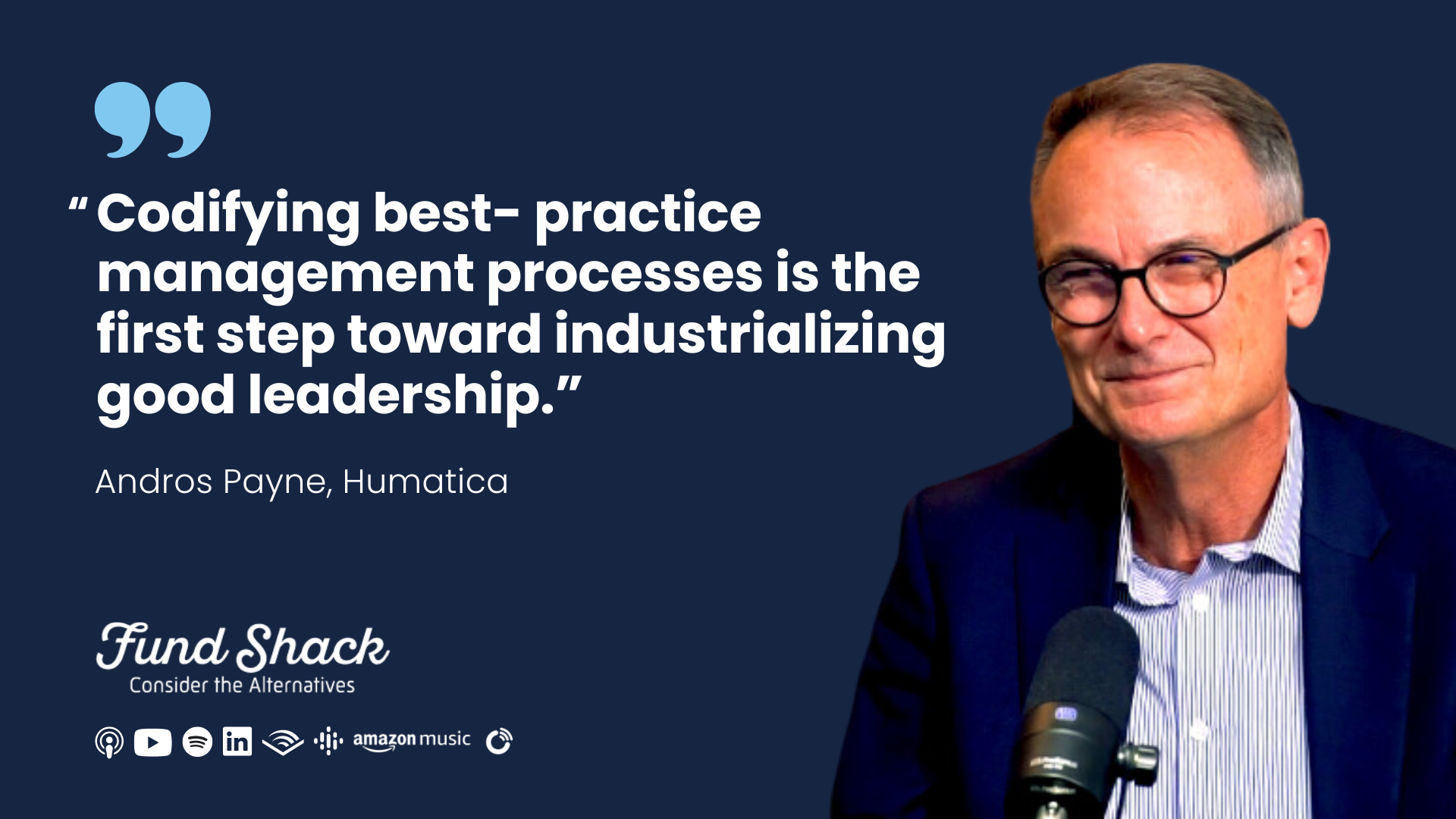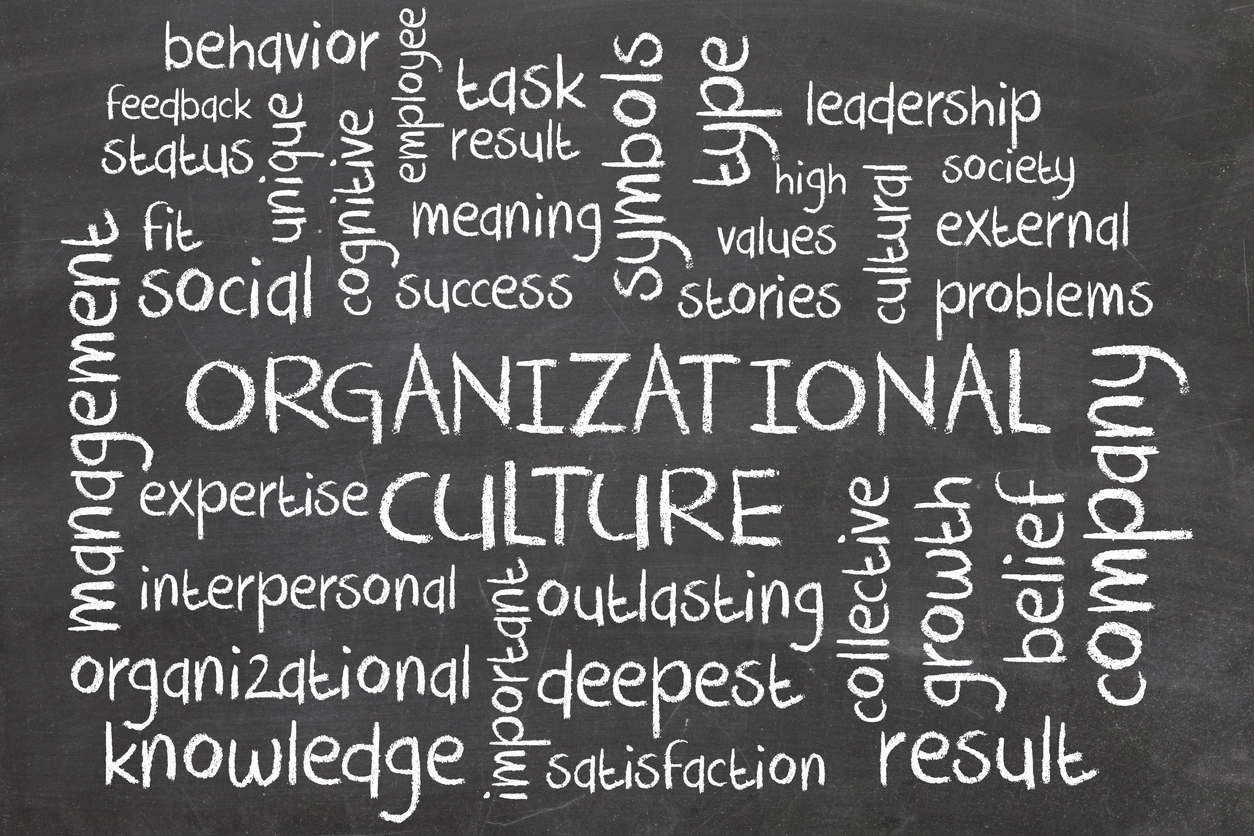
As the founder and Managing Partner of Humatica, it’s been a privilege to observe, and in a small way, facilitate the transformation of private equity over the last twenty years. Real Deal’s 500th Anniversary issue is a fitting milestone to look beyond the weekly deal-updates and make educated predictions about what private equity will be when the 1000th edition is published in 2042. What is clear from the last two decades is that the industry will look very different in the future than it does today.
Based on history and observable trends we see 10 big shifts coming:
1. Higher interest rates will make it more challenging to raise and deploy capital.
In the big debate about the direction of inflation and interest rates, we subscribe to the Dalio – Roubini – El-Erian camp. It sees diverse demographic, geopolitical, financial and even technology factors that will reverse long-running deflationary forces at work over the last 40 years. This will raise the bar on private equity to deliver higher risk-adjusted returns compared to fixed income. The squeeze will accelerate on-going shifts in PE markets and the competitive landscape.
2. Increasing focus on operational improvements as the motor of value creation.
This trend will continue, and strengthen. Operational improvements will move beyond the simpler value growth levers of SG&A reduction, purchasing and pricing optimisation, to tackle the more difficult underlying areas for value creation including culture change, governance, and talent development.
3. Increasing influence of talent operating partners.
Beginning 10 years ago, the forces of economic natural selection drove funds to begin addressing broader talent issues in their portfolio as a means to continue driving value creation. As simpler levers of value growth have been priced-in, this trend will accelerate and shape the nature of PE funds in 2042.
4. Convergence of portfolio management with leadership training and talent development.
Fund managers are investing more in in-house portfolio leadership training and development in areas like Finance, Sales and Human Resources. They will double-down on these commitments to develop management talent in their portfolio with structured educational programs and the exchange of best-practices. These programs will become key differentiators to both win new deals and improve operational performance during the holding period.
5. The big will get bigger.
Private equity will continue to industrialise as the minimum efficient scale rises with increasing regulation and governance. The largest, diversified funds will be better able to distribute fixed costs and more efficiently diversify asset allocation risk across all asset classes. They will also leverage their superior networks for deal sourcing, talent development, governance processes and proprietary tools.
6. Infrastructure will become an increasingly important asset class.
Increasing specialisation of corporate value chains and information technology enable the transfer of fixed assets to a specialist financial investor/owner who can focus on efficient asset management. As a result, the distinction between “infra” and “buy-out” will continue to blur with active commercial and operational management needed to achieve reasonable returns.
7. The carried interest privilege will fall away.
This will have big implications for PE talent acquisition and retention. Coordination among OECD members on a global minimum corporate tax in 2021 is a proven model for implementing change. Growing wealth inequality and improved international coordination indicate that carried interest could be next.
8. SPACs as a quick route to exit and/or a potential competitor to private equity will disappear.
They are a new phenomenon driven by excess liquidity. The economic rationale of taking companies public that are otherwise not yet ready for retail investors will be questioned during the next crash and regulated out of the market in their current form.
9. The “G” of ESG will be the key driver of sustainable returns.
ESG is here to stay as a force for change and capital allocation, although the industry still struggles with codifying and managing good “Governance”. What started with measuring governance at the Board level will eventually extend to all management levels by 2042. It will become a foundation by which to ensure that private equity’s entrepreneurial model continues to generate superior returns.
10. New business models will transform the private equity value chain.
There are already many examples. On the fundraising side, Moonfare has pioneered the democratisation of private equity investing by intermediating placement agents and opening-up otherwise closed private equity funds to retail investors. With direct investments, HVD Partners takes a principal stake to transform and sell under-performing businesses as a service provider (not investor). They utilise diverse sources of debt/equity funding as needed. These are just two of the many firms on the innovative edge of private equity, that will help define what the industry looks like in the next 20 years.
What is clear is that by the time Real Deals publishes its 1000th edition, the private equity industry will have transformed yet again. Current structures and methods for driving value creation must adapt in order to continue one of the greatest success stories in modern finance.
This article was originally published in the 500th issue of Real Deals magazine.

The fund landscape is changing faster than ever before, creating winners and losers in an increasingly competitive private equity ecosystem. Higher real interest rates are…
Read more
In the third episode of our Beyond Culture Series, we talk about industrializing best practice management processes. Link to Video 1:07 Register here to join our live…
Read more
There’s increasing focus on “culture” as an elusive driver of value growth. Creating a “high performance culture” has become the mantra for transforming buy-outs to…
Read moreReceive our news and valuable perspectives on organizational effectiveness each month.